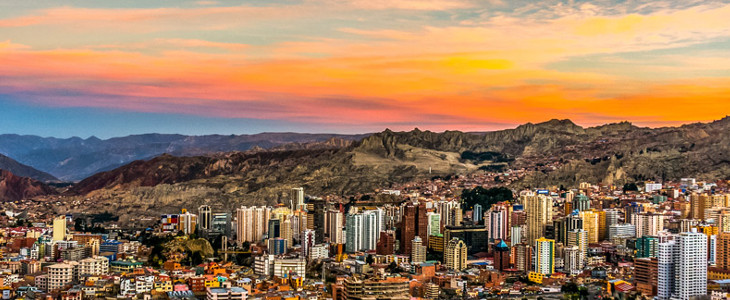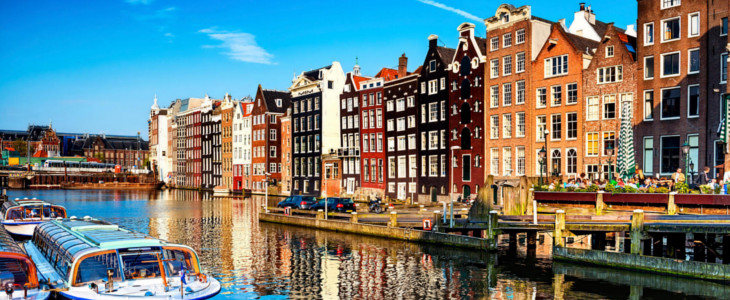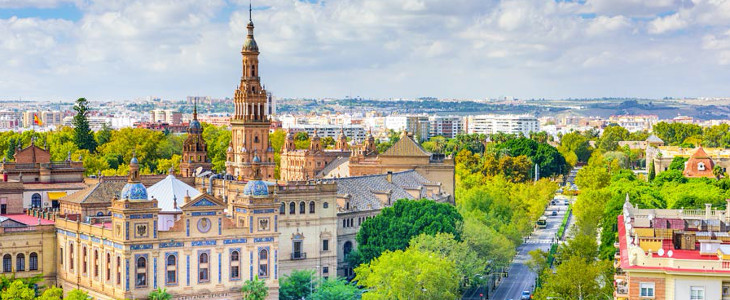Vanuatu
Capital city: Port Vila
Currency: Vanuatu vatu (VUV)
Population: 286,249 (98.5% Ni-Vanuatu)
Language: Bislama, French & English
GDP: $828 m USD (2013)
Vanuatu, officially the Republic of Vanuatu, is a Pacific island nation located in the South Pacific Ocean. The Y-shaped archipelago, which is of volcanic origin, is comprised of 82 relatively small islands and is located 1,750 km east of northern Australia. Vanuatu is an adventure that offers deserted beaches, active volcanoes, ancient culture, remote and rugged islands and world-class diving. In addition, the resorts and restaurants of Port Vila can be sampled and contrasted with the traditional kastom (custom) village life in the outer islands. The Ni-Vanuatu people are very resilient, laid-back, friendly, and take life in smiling strides.
Vanuatu was first inhabited by the Melanesian people. The first Europeans to visit the islands were a Spanish expedition led by Portuguese navigator Fernandes de Queirós in 1606. Europeans did not return until 1768, when Louis Antoine de Bougainville rediscovered the islands. In 1774, Captain Cook named the islands the New Hebrides, a name that would last until independence in 1980.
Vanuatu is a tax haven which has no income tax, withholding tax, capital gains tax, inheritance tax, or exchange control. Many international ship-management companies choose to flag their ships under the Vanuatu flag, because of the tax benefits and favourable labour laws (Vanuatu is a full member of the International Maritime Organization and applies its international conventions). Vanuatu is recognised as a “flag of convenience” country.
Further information is available from Vanuatu Financial Services Commission at Vanuatu Financial Services Commission.
"You’d be stupid not to try to cut your tax bill and those that don’t are stupid in business"
- Bono: U2





